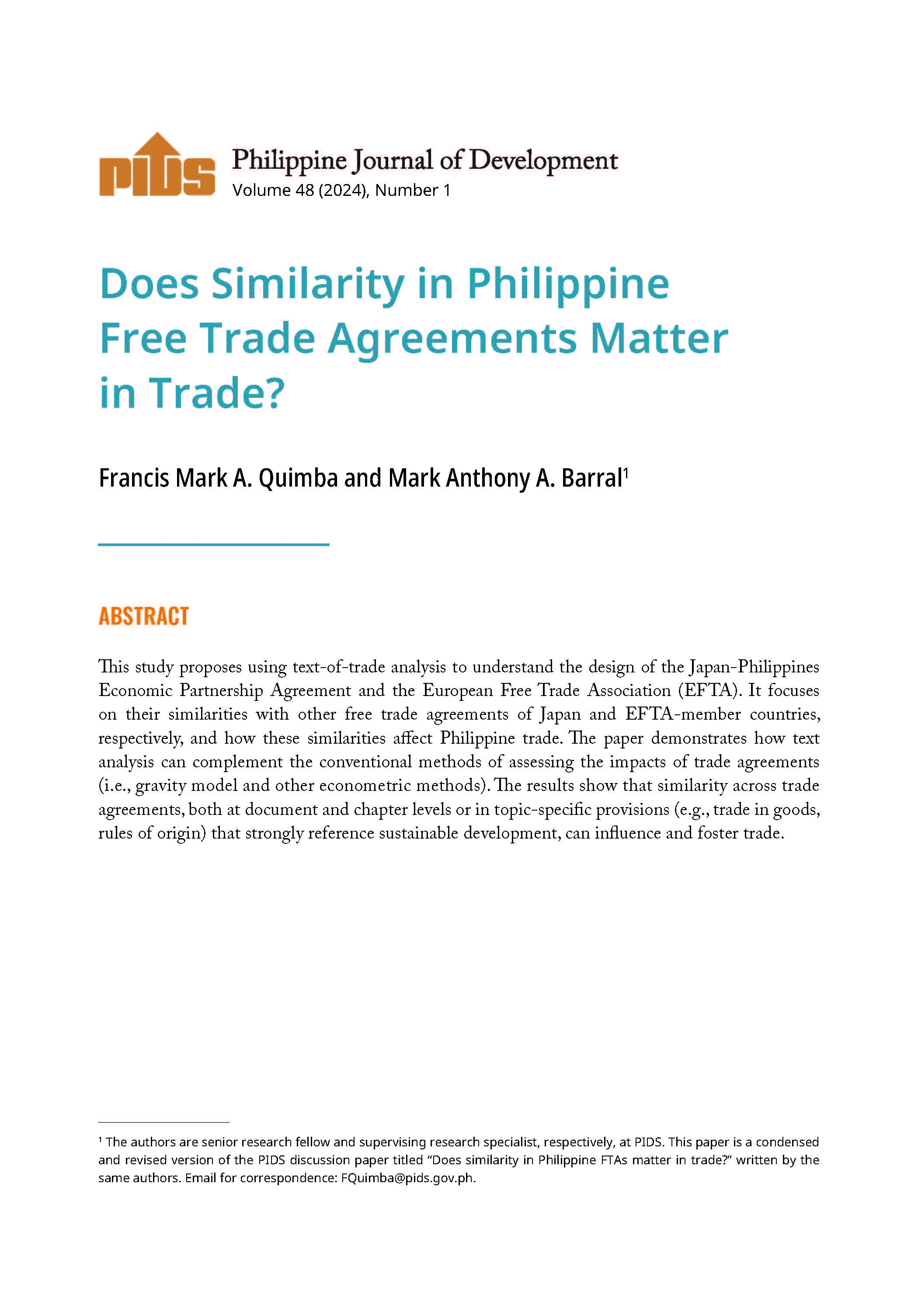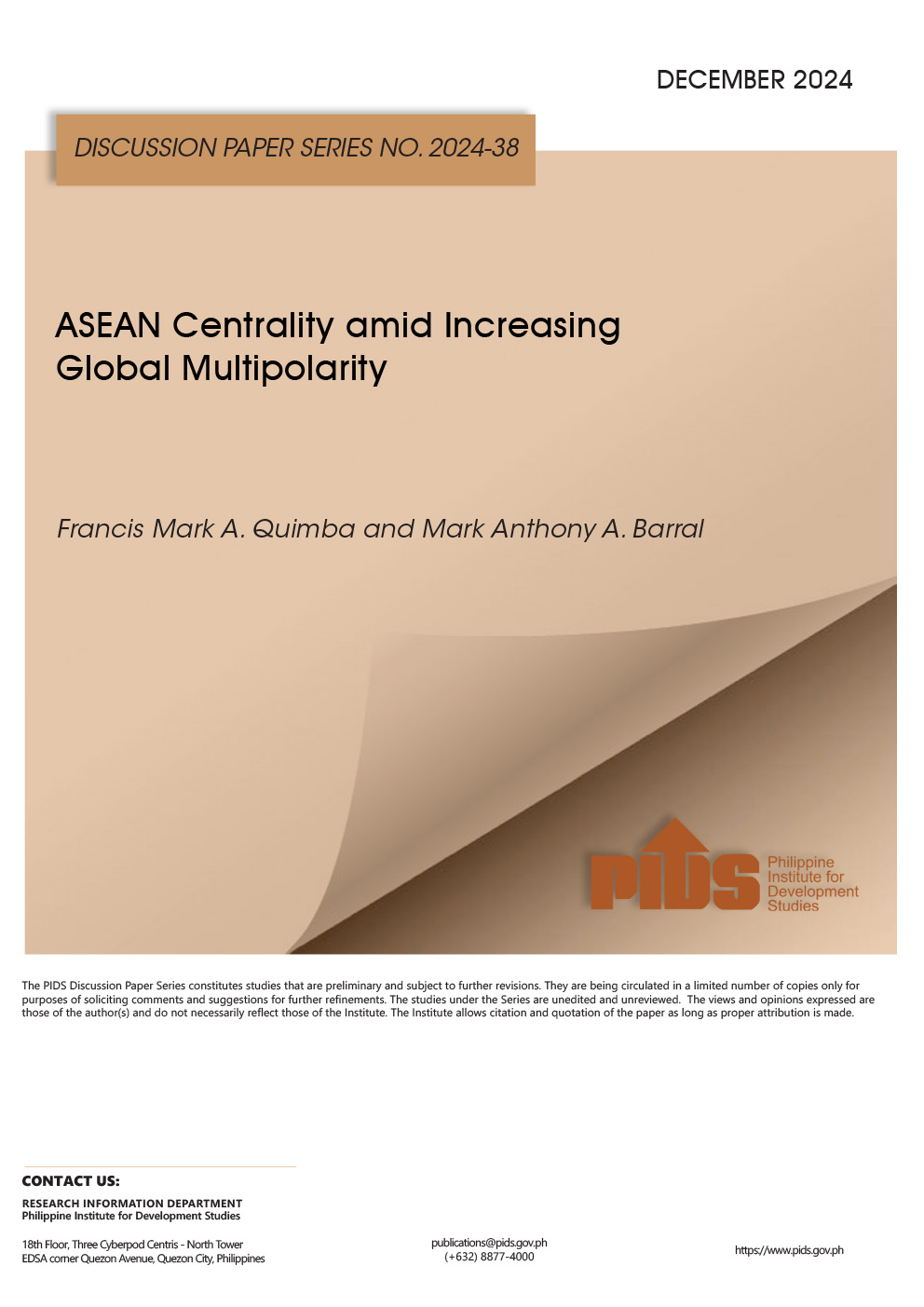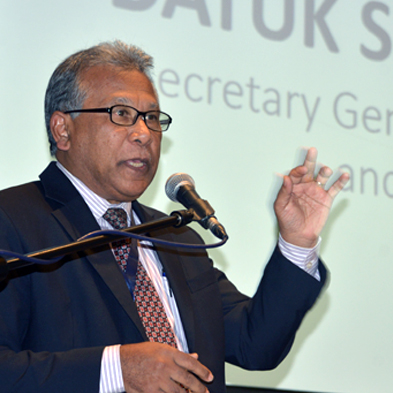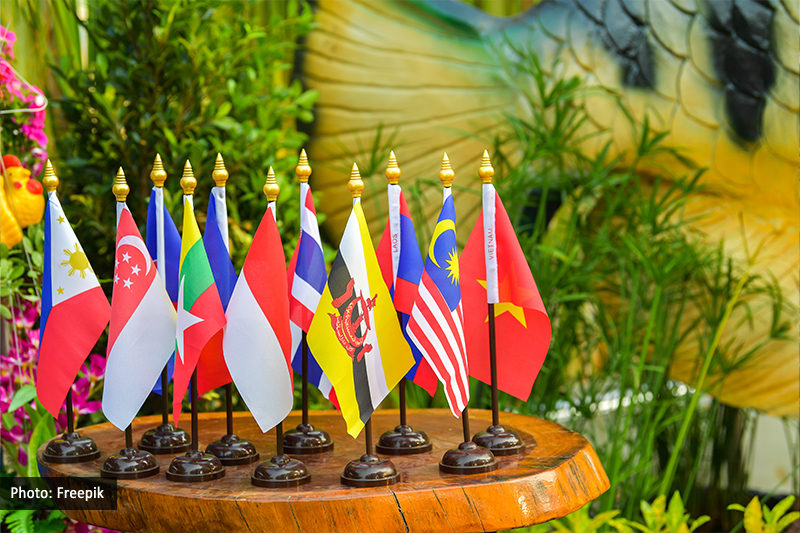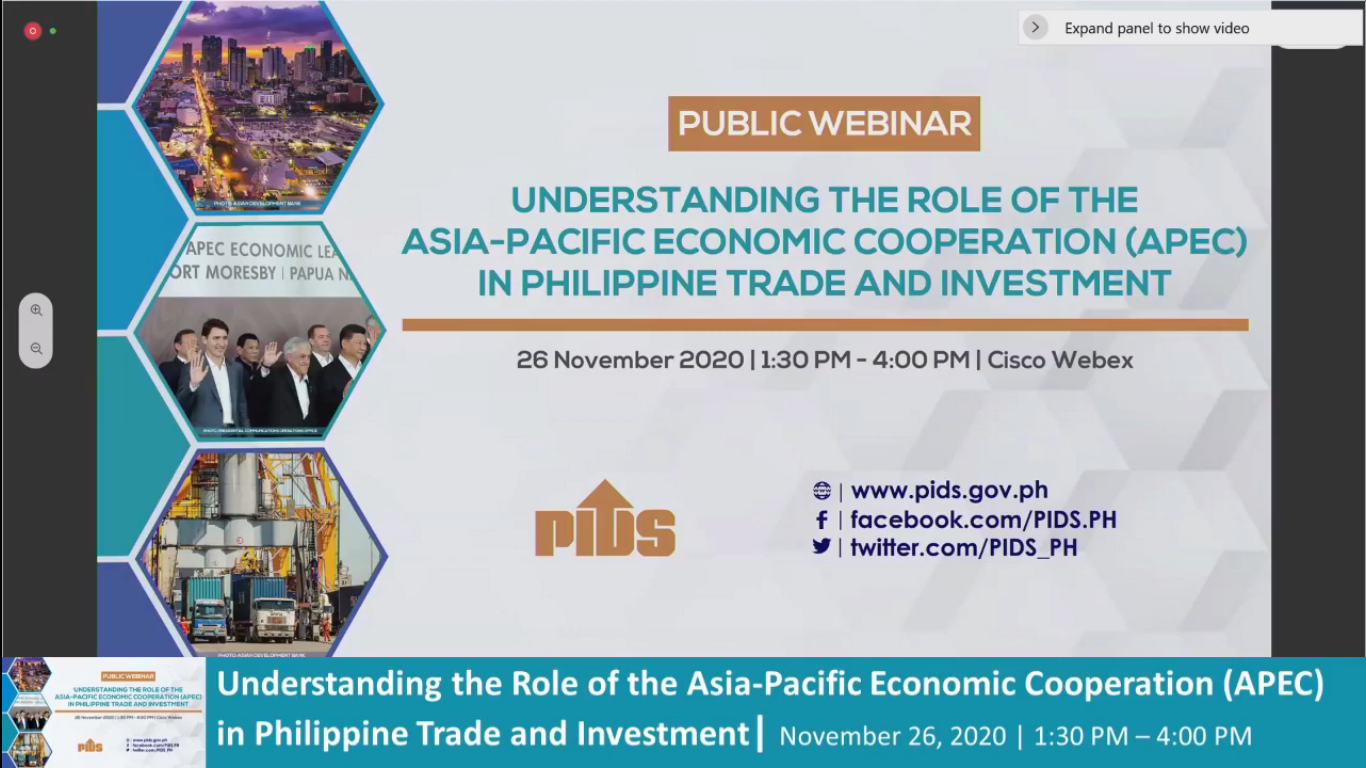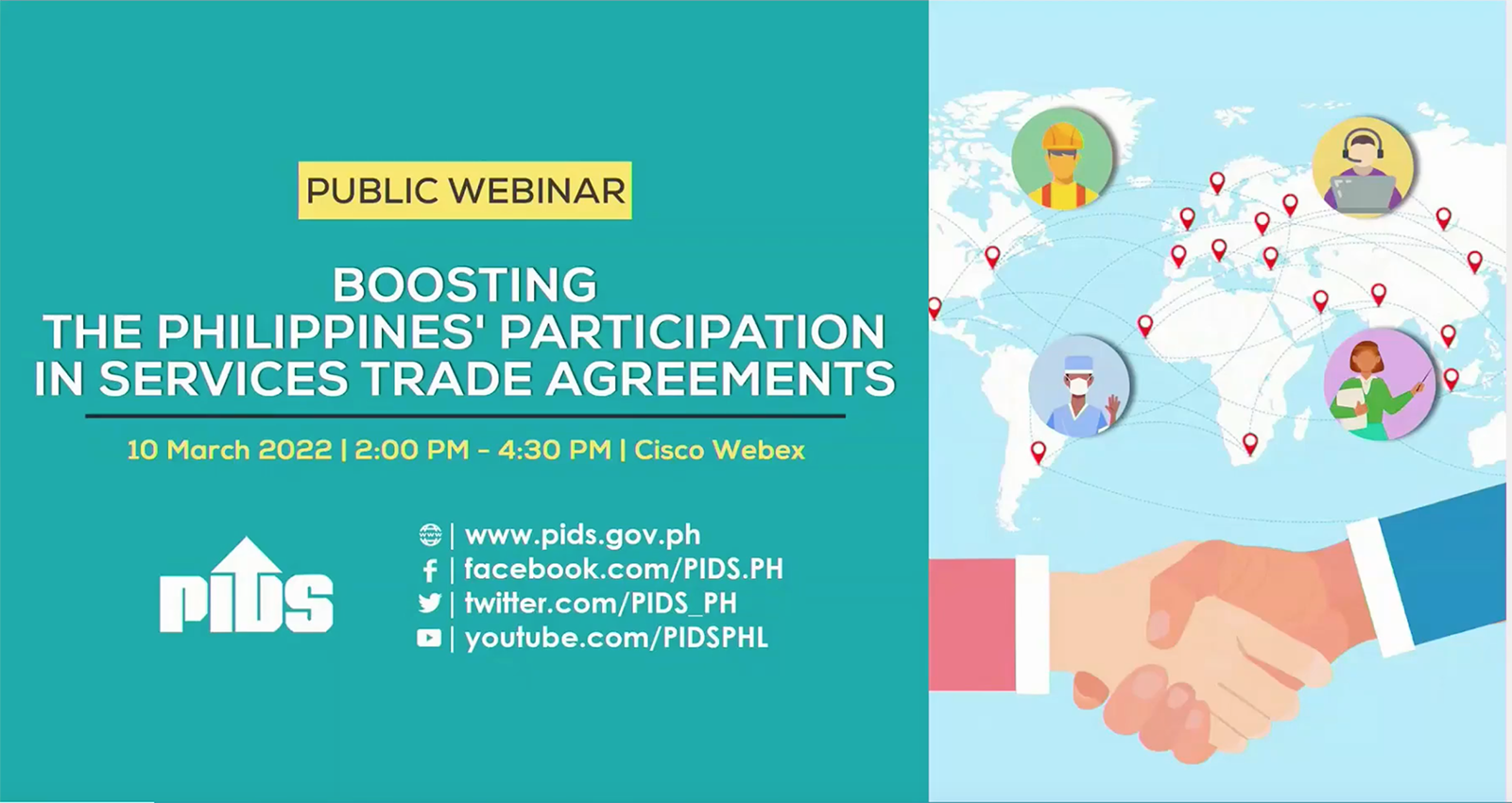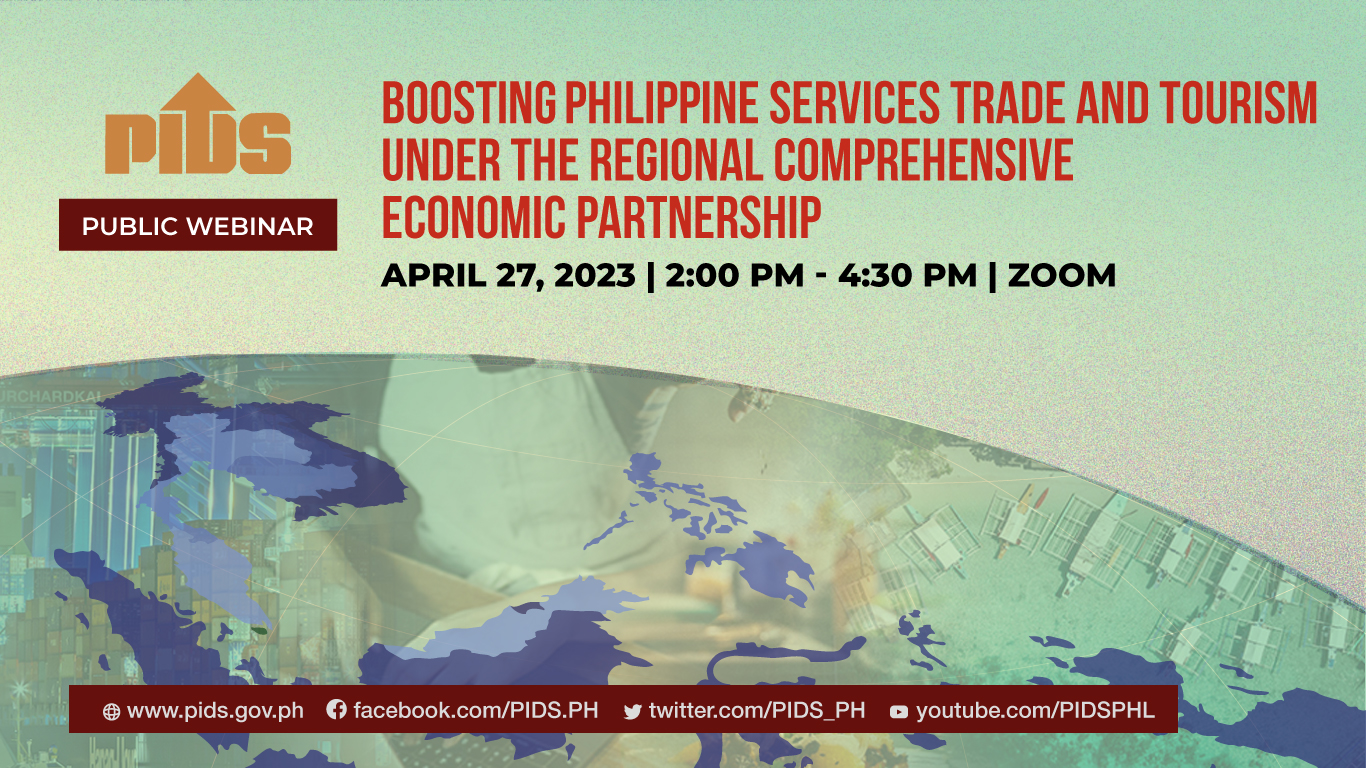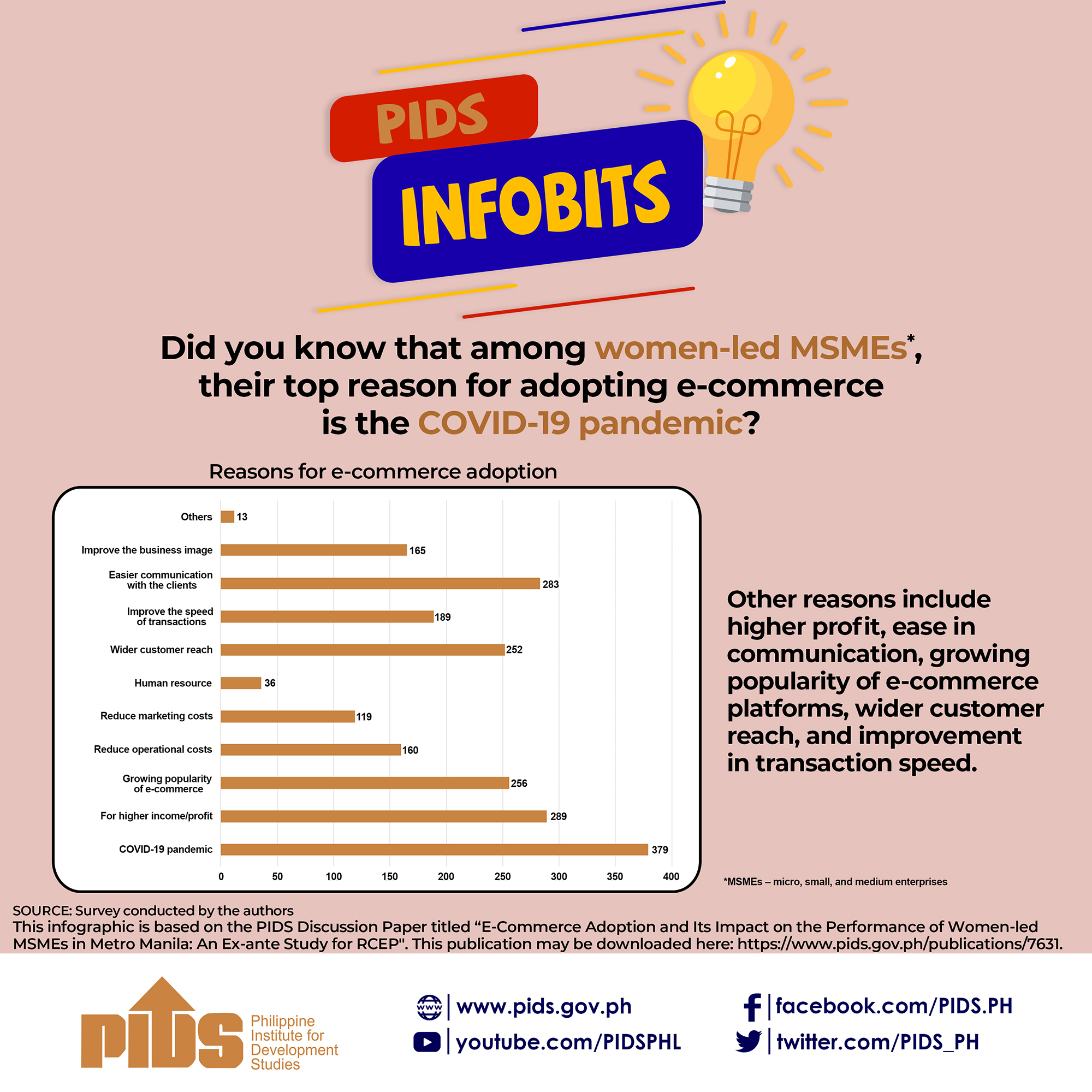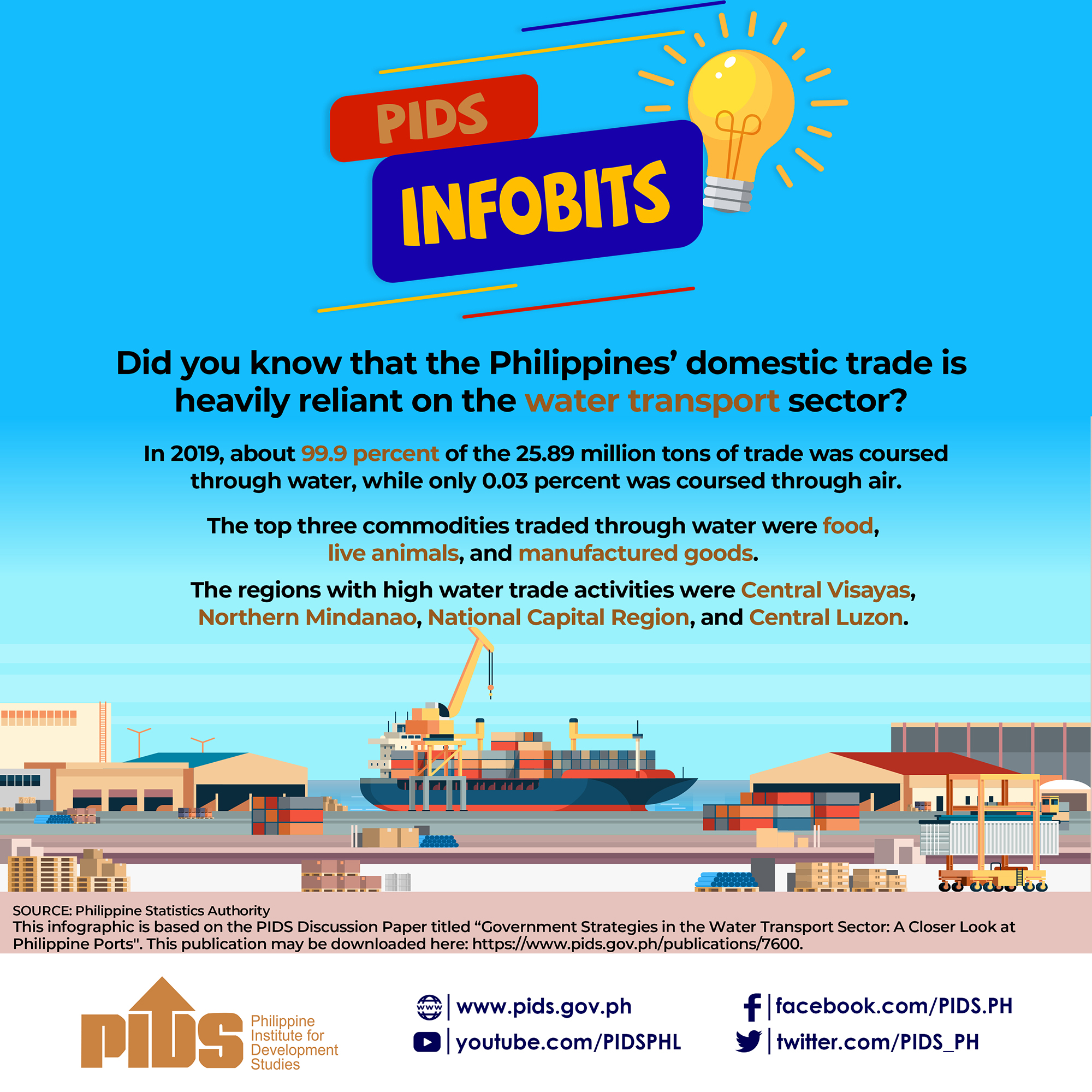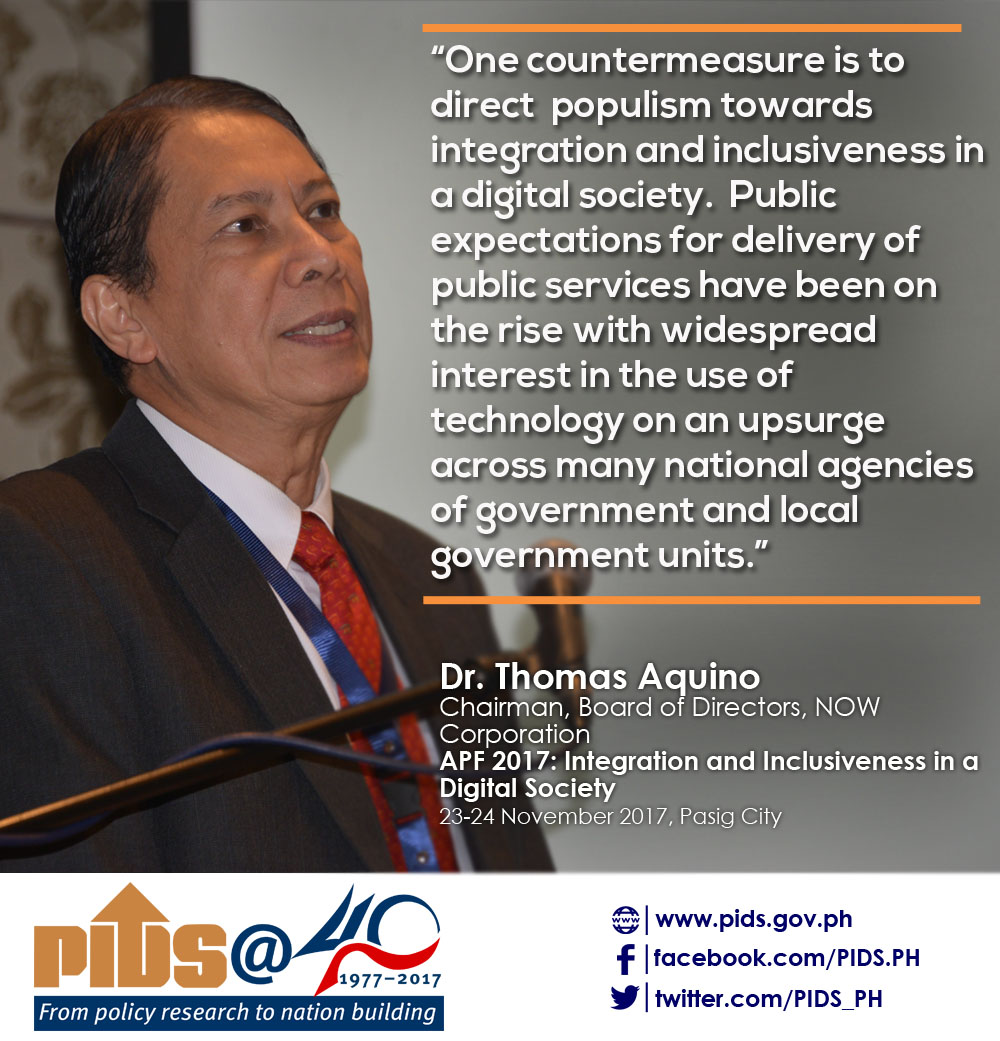
The free trade movement in the Philippines “took back seat” as the Duterte administration shifted the government focus to addressing the ills of society, according to a Philippine trade expert.
During the Asia-Pacific Forum 2017 on Integration and Inclusiveness in a Digital Society, Dr. Thomas Aquino, former undersecretary of the Department of Trade and Industry, claimed the current administration is prioritizing issues that confront the Philippine leadership, such as the integration of the Philippine society via new legislation and the challenges facing Mindanao, while pushing the free trade movement to the back seat.
This is manifested in the country’s stand on bilateral relationships, which according to Aquino, have already gravitated toward basic issues, such as respect for sovereignty and other domestic priorities.
Specifically, the trade expert expressed disappointment on the manner the President handled himself during the 31st ASEAN Summit held in the country recently, where “very little came out from him with respect to, not just regional, not just bilateral but also on any international issues.”
ASEAN stands for the Association of Southeast Asian Nations, which include the Philippines as a member-state.
Unfortunately, such nationalistic sentiments tend to pressure the governments in the economic bloc to advocate for more restrictive and inward-looking policies that limit economic growth and trade in the region, said Dr. Yose Rizal Damuri, chief economist of Indonesia-based Center for Strategic and International Studies.
“For Indonesia itself, one can see the increasing trend of number of restrictions, where 35 percent of tariff lines have already been subjected to nontariff measures,” he explained.
In a study earlier this year, Dr. Erlinda Medalla and Melalyn Mantaring, research fellow and project development officer, respectively, at state think tank Philippine Institute for Development Studies (PIDS), argued that the excessive use of nontariff measures in the ASEAN remain as barriers to intraregional trade. Such measures affect global and regional production chains by unnecessarily increasing the cost of doing business, the researchers added.
In the Philippines, the most common nontariff measures are sanitary and phytosanitary measures, Medalla and Mantaring revealed.
Still, Aquino remained optimistic given the Philippines’ high level of participation during the ASEAN summit, which allowed the country to cultivate deeper friendships with its immediate neighbors in the region.
“Because of that, strong expectations on what the ASEAN Economic Community can achieve and on what the Regional Comprehensive Economic Partnership can truly deliver are created,” he explained.
To meet such expectations, Damuri recommended increasing investments in infrastructure, continuing openness in the region through initiatives such as AEC, and setting the deadline for the RCEP to be completed in 2018.
He also urged the ASEAN member-states to promote greater understanding on the benefits of the economic openness and harmonize the multilateral trading systems in the region.
Organized by Japan Economic Forum and PIDS, the Asia-Pacific Forum 2017 highlights the rising protectionism that threatens the promotion of cooperation, peace, and innovation in the Asia-Pacific region. It advances the use of digital technology to promote dialogue among peoples and strengthen the linkages that bind the countries in the Asia Pacific. ###
During the Asia-Pacific Forum 2017 on Integration and Inclusiveness in a Digital Society, Dr. Thomas Aquino, former undersecretary of the Department of Trade and Industry, claimed the current administration is prioritizing issues that confront the Philippine leadership, such as the integration of the Philippine society via new legislation and the challenges facing Mindanao, while pushing the free trade movement to the back seat.
This is manifested in the country’s stand on bilateral relationships, which according to Aquino, have already gravitated toward basic issues, such as respect for sovereignty and other domestic priorities.
Specifically, the trade expert expressed disappointment on the manner the President handled himself during the 31st ASEAN Summit held in the country recently, where “very little came out from him with respect to, not just regional, not just bilateral but also on any international issues.”
ASEAN stands for the Association of Southeast Asian Nations, which include the Philippines as a member-state.
Unfortunately, such nationalistic sentiments tend to pressure the governments in the economic bloc to advocate for more restrictive and inward-looking policies that limit economic growth and trade in the region, said Dr. Yose Rizal Damuri, chief economist of Indonesia-based Center for Strategic and International Studies.
“For Indonesia itself, one can see the increasing trend of number of restrictions, where 35 percent of tariff lines have already been subjected to nontariff measures,” he explained.
In a study earlier this year, Dr. Erlinda Medalla and Melalyn Mantaring, research fellow and project development officer, respectively, at state think tank Philippine Institute for Development Studies (PIDS), argued that the excessive use of nontariff measures in the ASEAN remain as barriers to intraregional trade. Such measures affect global and regional production chains by unnecessarily increasing the cost of doing business, the researchers added.
In the Philippines, the most common nontariff measures are sanitary and phytosanitary measures, Medalla and Mantaring revealed.
Still, Aquino remained optimistic given the Philippines’ high level of participation during the ASEAN summit, which allowed the country to cultivate deeper friendships with its immediate neighbors in the region.
“Because of that, strong expectations on what the ASEAN Economic Community can achieve and on what the Regional Comprehensive Economic Partnership can truly deliver are created,” he explained.
To meet such expectations, Damuri recommended increasing investments in infrastructure, continuing openness in the region through initiatives such as AEC, and setting the deadline for the RCEP to be completed in 2018.
He also urged the ASEAN member-states to promote greater understanding on the benefits of the economic openness and harmonize the multilateral trading systems in the region.
Organized by Japan Economic Forum and PIDS, the Asia-Pacific Forum 2017 highlights the rising protectionism that threatens the promotion of cooperation, peace, and innovation in the Asia-Pacific region. It advances the use of digital technology to promote dialogue among peoples and strengthen the linkages that bind the countries in the Asia Pacific. ###

